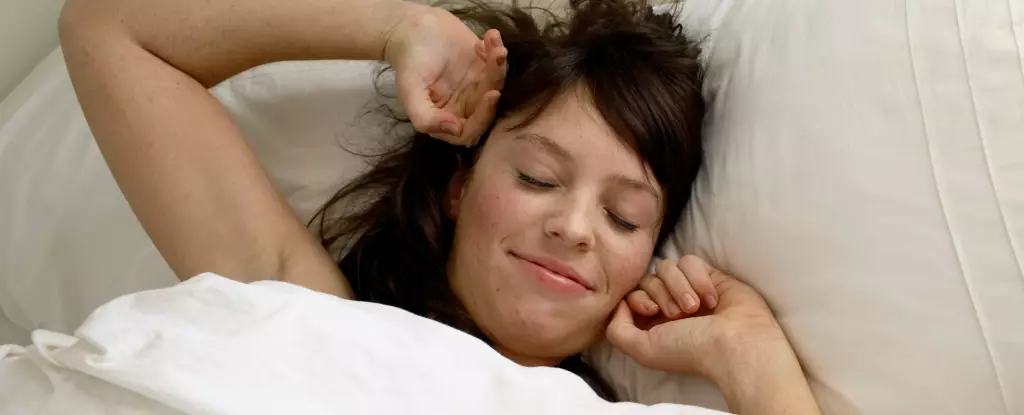John Steinbeck’s observation that sleep acts as a solution provider resonates with a myriad of thinkers and artists throughout history. The idea that the resting mind can tackle seemingly insurmountable problems is not new; it has been echoed by various innovators who claimed that their grand ideas emerged during their slumber. Fast-forward to modern science, and we find that several recent studies substantiate these claims, revealing intriguing insights into how sleep promotes cognitive function and creativity. If sleep can serve as a facilitator of insight and problem-solving, then understanding its mechanisms becomes increasingly essential in today’s fast-paced world.
A 2024 study conducted by researchers at Duke University widened the scope of our understanding regarding decision-making processes. Participants in a garage-sale game were faced with a multitude of items, some significantly more valuable than others. Those who made rapid decisions were chiefly swayed by initial impressions; in contrast, when provided a night of rest before making their final choices, they demonstrated a greater capacity for rational decision-making. This finding suggests that sleep fosters a more comprehensive assessment of options, freeing individuals from the binds of superficial evaluations.
Additionally, a 2019 study delved deeper into the relationship between sleep and problem-solving by employing auditory cues linked to unsolved tasks. While participants engaged with challenging puzzles, researchers played specific sounds that acted as reminders. Upon returning the next day, these cues appeared to unlock dormant solutions in the participants’ minds, indicating that sleep might be a fertile ground for subconscious problem-solving. These observations highlight another powerful aspect of sleep—its ability to process and reorganize information, enhancing overall cognitive efficacy.
Building on the theme of enhanced cognitive organization, a 2023 research project examined how sleep may aid individuals in identifying complex relationships among various stimuli. Participants were exposed to a series of associations relating to animals, locations, objects, and food. The study revealed that individuals who had the opportunity to sleep after task exposure were significantly more adept at uncovering indirect connections. The ability to see subtle links that may have gone unnoticed while awake underscores how sleep bolsters creativity and understanding through deeper cognitive processes.
One cannot discuss the intersections of sleep and creativity without acknowledging figures like Thomas Edison. Known for his immense contributions to innovation, Edison found solace in short naps, famously claiming they stirred his creativity. His technique involved holding a small weight that would drop if he drifted off, waking him up to fresh insights. A study conducted in 2021 validated Edison’s methodology; participants who experienced light sleep while tackling a mathematical challenge showed a marked advantage in discovering hidden rules governing the problems compared to those who remained fully awake. This finding not only aligns with Edison’s claims but also reinforces the idea that light sleep may serve as a critical phase for cognitive leaps.
In exploring the creative influence of the transitional state between wakefulness and sleep, researchers have investigated the phenomenon of hypnagogia— a state characterized by vivid imagery as one drifts into slumber. A 2023 study highlighted that individuals with hypnagogic experiences linked to specific creative tasks enjoyed enhanced problem-solving capabilities. Imagery from thoughts about trees, for instance, became instrumental in facilitating creative discussions on the topic upon waking. This suggests that the brain’s offloading of conscious thought into dream-like scenarios may further catalyze innovative thought processes.
The burgeoning scientific inquiry into the intersection of sleep and creativity reveals a rich tapestry of insights about how our minds operate. As we navigate challenges and creative pursuits, it becomes clear that our nightly repose is not merely a passive state but an active processing period that can yield breakthroughs. While the famous voices of the past have sung praises of sleep’s power, modern science has begun to fill in the gaps, shedding light on how crucial rest is to our cognitive development. If we embrace the strategies that promote restful nights—be it through napping or allowing ourselves to reflect—the potential for creative thought could be just a dream away.

